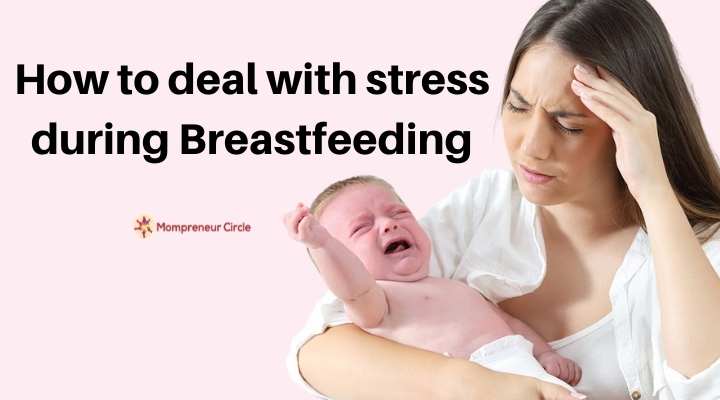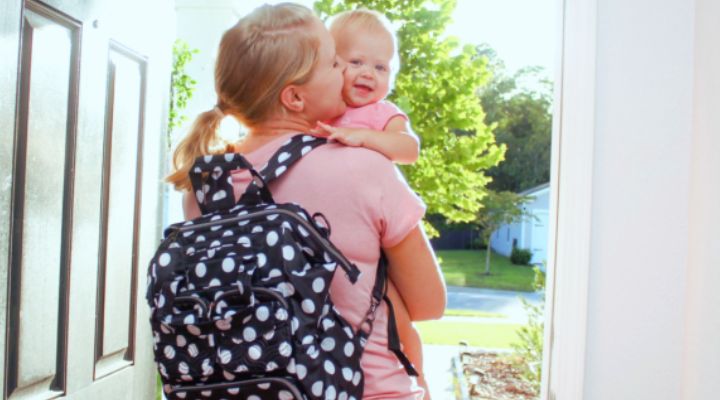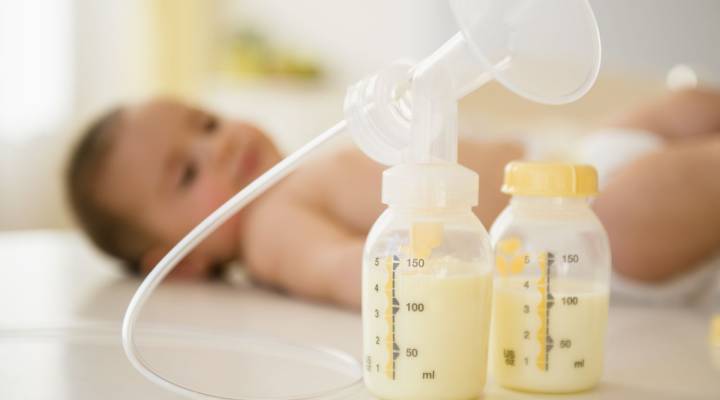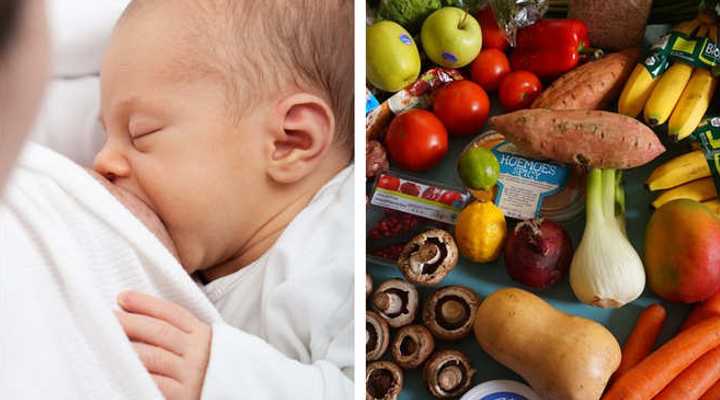How to deal with stress during Breastfeeding

BEHIND EVERY GREAT KID IS A MOTHER WHO IS PRETTY SURE SHE IS MESSING IT UP ! ~ Anonymous
A new mother has lot of anxiety and goes through stages of lactation and sometimes postpartum depression. Anxious mothers may pass the stress hormone cortisol on to their babies through breast milk — but how does it affect infant development?
Katie Hind, an associate professor in the School of Human Evolution and Social Change who researches mother’s milk, discussed her rhesus macaque study and the possible evolutionary benefits of cortisol in human milk.
“A stressed mom may have a lot on her mind, and being fussy may be one of the tactics a baby uses to get the attention he or she needs from mom and other caretakers,” Hinde said.
Along with the proteins, minerals, vitamins, fats, and sugars that nourish an infant, the antibodies that help fight infection, and the growth factors that aid in tissue development, milk contains a cocktail of hormones, including the stress hormone cortisol. The body circulates cortisol during trying or fearful situations—spats, traffic jams, sports competitions, deadlines. The hormone orchestrates aspects of metabolism and behaviour, including triggering the release of sugars into the bloodstream, giving us that burst of energy we might need to fight or flee.
In nursing babies, cortisol gets a red-carpet welcome. An infant’s intestinal tract responds to its mother’s milk by sprouting receptors that detect the hormone, activating neurochemical signals that can travel all the way to the brain. These signals may influence a baby’s stress response and the development of brain regions that regulate emotions such as fear and anxiety. Breastfed babies also have an average 40 percent more cortisol in their system than their formula-fed peers, suggesting that the increase comes from milk.
But increasing studies are showing that a mother’s milk, in one way or another, helps to shape the child’s behaviour and temperament, and may deliver useful information about the environment she’s growing up in.
Perhaps mother’s milk sends a message:
Here’s what you need to know about the world, act accordingly.
Glynn has observed a similar connection in humans. In studies published in 2007 and 2013, she and her colleagues tested cortisol levels in nursing mothers’ blood and milk, respectively, and then surveyed them about their infants’ behavior and temperament: How often during the past week did the baby startle to a loud new sound or sudden noise? When frustrated, how often did the baby calm down within five minutes? The results showed a significant association between high cortisol levels and nervous, jittery babies.
Of course, a link doesn’t necessarily imply a cause. Maybe mother and child share genes that make both vulnerable to stress..
The message, it seemed, was in the milk.
Some experts suspect that moderate amounts of milk cortisol (in what’s considered a normal range), together with the nurturing nature of breastfeeding, could help protect babies against the negative effects of stress later in life.
Little stress relieving rituals for mothers-
- Sleep when the baby is sleeping
- Cleaning the house or any housework can be put off for some time
- Going for walks by yourself
- Taking a long shower while someone watches over the baby.
- Going shopping..Retail therapy helps!
- Yoga meditation..preferably have some trainer come home
- Get back to exercise regimen. Decreases stress hormones
- Trying to dress up and dating your husband all over again works wonders for the relationship
- Coffee with girlfriends
- Try to minimise time on social media and focus and plan the way ahead.
A 2006 study of nearly 5,700 10-year-olds found that those who had been breastfed as infants were less anxious when confronted with a major stressor, such as parental divorce or separation. This link persisted even after the researchers adjusted for confounding factors, such as social class and education level.
A mother’s stress, in other words, may nudge her baby one way or another, but cortisol alone doesn’t dictate destiny. “This one hormone, in one aspect of parenting, is just one of the rivets holding the plane wing on. One rivet can break, and the plane still flies,”
We wish for our children to encounter hardship in just the right doses: not so much that they become too fearful, nor so little that they become overconfident. But sooner or later, life will throw some tough punches. It’s comforting to think that the breast milk may have given the kids some of the first lessons on how to cope.
LET THEM FLY….







